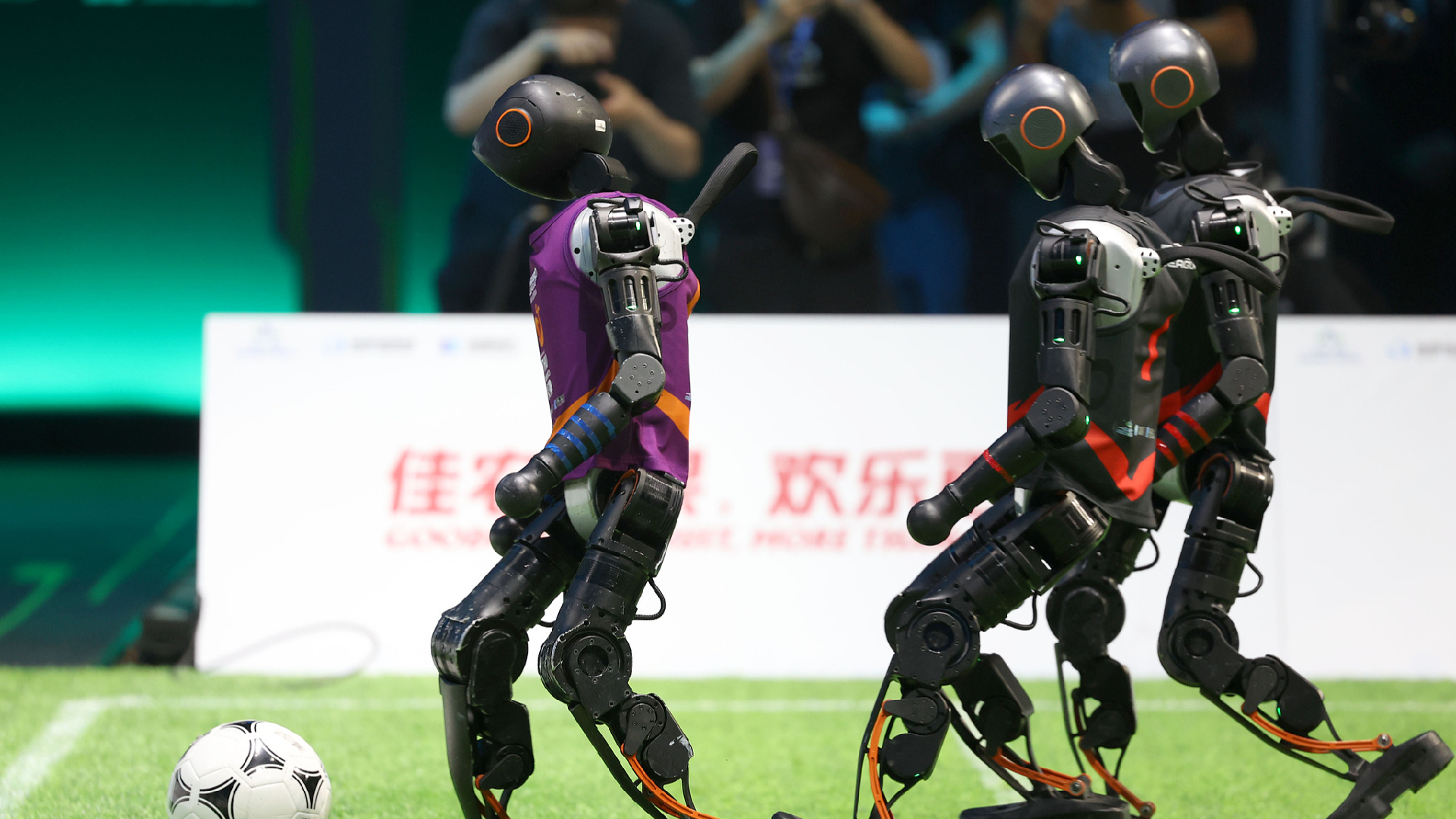Police rule out using Live Facial Recognition on Surrey Street
-
cross-posted from: https://sh.itjust.works/post/44649864
The Metropolitan Police has ruled out the possibility of deploying Live Facial Recognition cameras to deter crime and anti-social behaviour on Surrey Street, Croydon’s ancient street market in the town centre.
Some traders say that they were told last week that Fairfield, the town centre ward in which Surrey Street sits, was to get an extra four police officers to increase the number of patrols, as well as using the controversial LFR cameras among the stalls and shops along the street.
It is 18 months since the murder of Rijkaard Siafa by Fellmonger’s Yard, yet no additional CCTV, as demanded by market traders, has been installed.
Live Facial Recognition cameras, a kind of artificial intelligence-enhanced system of identifying people on the street, is a highly controversial new technology. Croydon residents have been used as guinea pigs for LFR, as it has undergone trials on North End over the past two years.
Now the Met is installing Live Facial Recognition cameras on North End and London Road, the first time this measure has been taken in Britain. The cameras were originally supposed to have been installed over the course of this summer, but now the Met is describing the Croydon deployment as a “pilot scheme”, saying that it is “not permanent and cameras are not fixed”.
Well, not fixed to any walls or buildings, it seems. The Met has begun briefing that Croydon’s LFR cameras will be “mounted on street furniture…”, potentially meaning lampposts, “… rather than on vans”.
The cameras will only be switched on when officers are utilising the technology in the area, the Met insists.
The Met appears to have become more concerned about criticism it has received from civil rights groups over LFR, and the fact that its use remains unsupported by any legislation.
“There are no current proposals to change the number of officers in these areas,” the Met spokesperson said. With significant budgetary pressures, the Met recently announced spending cuts, job losses and the closure of 18 police station front desks, although not Croydon’s.
-
cross-posted from: https://sh.itjust.works/post/44649864
The Metropolitan Police has ruled out the possibility of deploying Live Facial Recognition cameras to deter crime and anti-social behaviour on Surrey Street, Croydon’s ancient street market in the town centre.
Some traders say that they were told last week that Fairfield, the town centre ward in which Surrey Street sits, was to get an extra four police officers to increase the number of patrols, as well as using the controversial LFR cameras among the stalls and shops along the street.
It is 18 months since the murder of Rijkaard Siafa by Fellmonger’s Yard, yet no additional CCTV, as demanded by market traders, has been installed.
Live Facial Recognition cameras, a kind of artificial intelligence-enhanced system of identifying people on the street, is a highly controversial new technology. Croydon residents have been used as guinea pigs for LFR, as it has undergone trials on North End over the past two years.
Now the Met is installing Live Facial Recognition cameras on North End and London Road, the first time this measure has been taken in Britain. The cameras were originally supposed to have been installed over the course of this summer, but now the Met is describing the Croydon deployment as a “pilot scheme”, saying that it is “not permanent and cameras are not fixed”.
Well, not fixed to any walls or buildings, it seems. The Met has begun briefing that Croydon’s LFR cameras will be “mounted on street furniture…”, potentially meaning lampposts, “… rather than on vans”.
The cameras will only be switched on when officers are utilising the technology in the area, the Met insists.
The Met appears to have become more concerned about criticism it has received from civil rights groups over LFR, and the fact that its use remains unsupported by any legislation.
“There are no current proposals to change the number of officers in these areas,” the Met spokesperson said. With significant budgetary pressures, the Met recently announced spending cuts, job losses and the closure of 18 police station front desks, although not Croydon’s.
The criminals win.
-
The criminals win.
How?
They've literally been asking for more crime cameras be installed to fight crime since a resident was murdered. "It's not in the budget."
More on duty police? "Sorry, it's just not in the budget."
Live facial recognition tracking system that doesn't exist anywhere else and can be used to collect data and create a giant AI database with data from every civilian it tracks. That data can then coincidentally be used to train AI models and enhance profits for companies like Palantir.
"Yeah we should be able to swing that in the budget."
Basically the exact same story is happening in the U.S. city where I live. We have a boil water advisory every other week, we have terrible roads, and awful schools but somehow the city has the budget to update our cameras so we will become the first city to test this out.
After Palantir already secretly used our city to create and test their predictive policing model (which still fucking sucks btw).

Palantir has secretly been using New Orleans to test its predictive policing technology
For six years, the New Orleans Police Department has partnered with data-mining firm Palantir Technologies on what amounts to a predictive policing program. Predictive policing technology has proven highly controversial wherever it is implemented, and the secrecy surrounding the NOPD program raises questions about legality, transparency, and privacy.

The Verge (www.theverge.com)
Oh also Palantir happens to be currently working with the U.S. government to create a giant database of every citizen.







